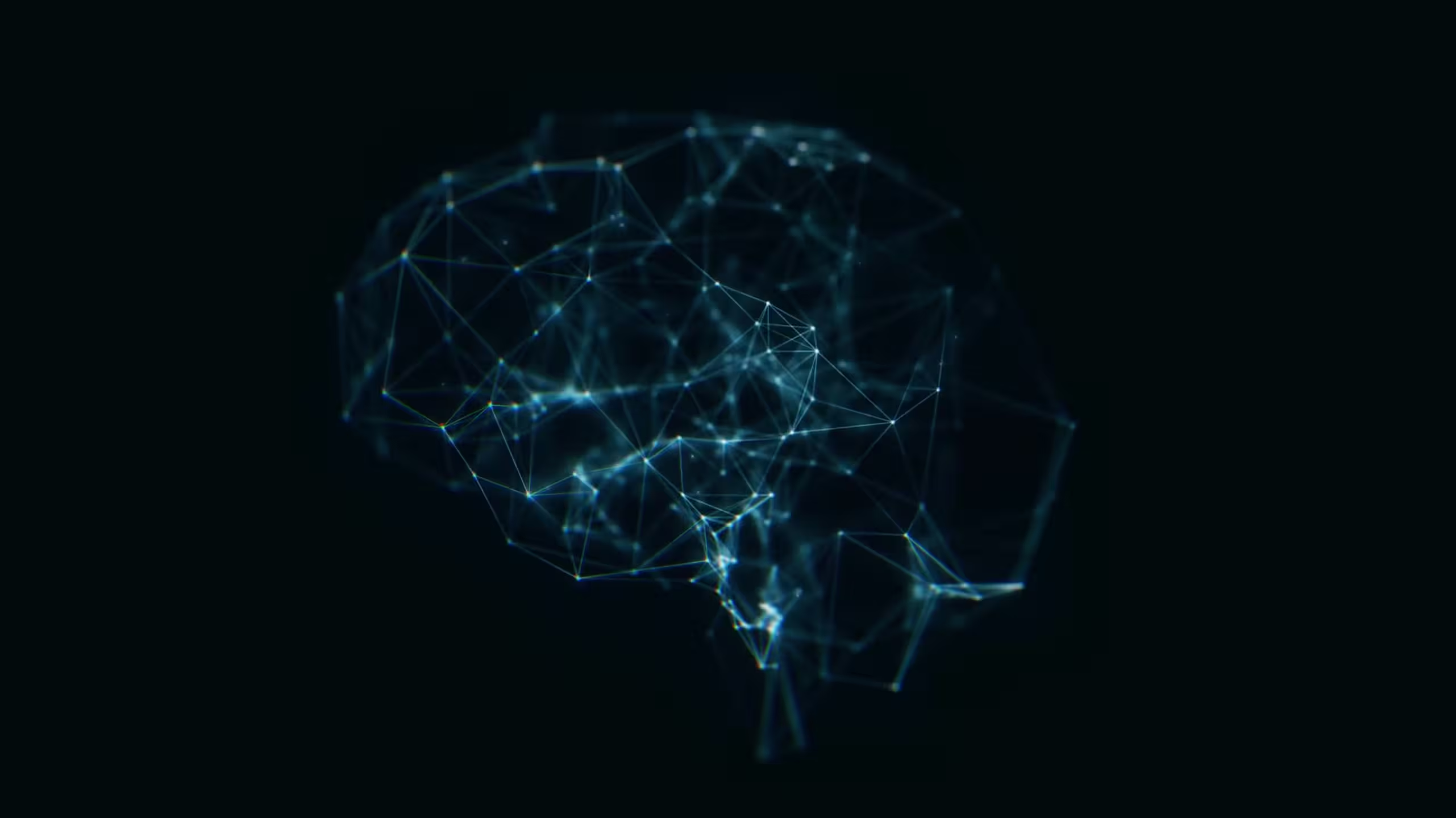
One of the most responsible questions you can ask when considering psilocybin therapy is: "Is this actually safe for me?"
Psilocybin therapy has an exceptional safety record—Oregon's program has served over 12,000 clients with a 99.9% safety rate. But that impressive statistic exists precisely because providers carefully screen clients and exclude those for whom psilocybin could be genuinely risky.
This isn't about gatekeeping or making the treatment unnecessarily exclusive. It's about ensuring that the people who do participate have safe, effective experiences. Some medical conditions, psychiatric histories, and medication interactions create real risks that responsible providers won't ignore.
Understanding contraindications helps you make an informed decision about whether psilocybin therapy is right for you. It also helps you understand why thorough intake screening isn't bureaucratic hassle—it's essential safety protocol.
Legal Requirements in Oregon
Oregon law establishes four absolute exclusions from psilocybin services. These aren't recommendations—they're legal requirements that all licensed providers must follow:
1. Age Under 21. Oregon's psilocybin program is only available to adults 21 and older. There are no exceptions, even with parental consent.
2. Personal History of Psychosis. Anyone who has experienced psychosis symptoms—whether formally diagnosed or not—cannot legally receive psilocybin services in Oregon. This includes schizophrenia, schizoaffective disorder, or any psychotic episodes.
3. Current Thoughts or Plans to Harm Self or Others. If you're currently experiencing active suicidal ideation with intent or plans, or thoughts of harming someone else, you're not eligible for services at this time. Past suicidal thoughts that have been resolved don't disqualify you, but active current thoughts do for safety reasons.
4. Lithium Use Within 30 Days. Anyone who has taken Lithium (in any form or dose) within the past 30 days cannot receive psilocybin. However, if you discontinue Lithium for more than 30 days under medical supervision, you can become eligible.
These four criteria are non-negotiable. Any licensed provider in Oregon who serves someone meeting these criteria is violating the law and risking their license.
Medical Contraindications
Beyond legal requirements, certain medical conditions create genuine safety concerns:
Serious Cardiovascular Disease
Psilocybin temporarily increases heart rate and blood pressure—similar to the effect of moderate exercise. For most people, this is completely safe. However, if you have serious cardiovascular conditions, this temporary increase could be risky.
Conditions of concern include:
- Uncontrolled or poorly controlled high blood pressure
- Congestive heart failure
- History of cardiac arrest
- Coronary artery disease
- Any condition where moderate increases in heart rate or blood pressure could trigger an adverse cardiac event
Important nuance: Well-controlled high blood pressure that responds to medication is usually fine. The concern is uncontrolled or poorly managed cardiovascular disease. Your provider will assess your specific situation.
Neurological Conditions
Several neurological conditions create contraindications:
Epilepsy or Seizure History: Psilocybin can lower seizure thresholds in susceptible individuals. If you have epilepsy or a history of seizures, psilocybin therapy may not be appropriate.
Dementia or Significant Cognitive Impairment: The experience requires some baseline cognitive function to process and integrate. Severe cognitive impairment may prevent effective participation.
History of Stroke or Cerebral Aneurysm: The temporary increase in blood pressure could pose risks for those with compromised cerebrovascular health.
Severe Liver or Kidney Impairment
Psilocybin is metabolized by the liver and excreted through the kidneys. Severe impairment of either organ could affect how your body processes the medicine and may create additional risks.
Mushroom Allergies
If you're allergic to culinary mushrooms, you're likely allergic to psilocybin mushrooms as well, since the products used in Oregon are whole mushroom material (dried and powdered, not extracts). However, Oregon now does have specialized extract products. If you have a concern with consuming dried mushrooms, please speak with us about a gummy or chocolate product.
Important distinction: Mushroom/fungi allergies are different from mold or mycotoxin allergies. If you're uncertain, an allergy test can provide clarity.
Psychiatric Contraindications
This is where contraindications become more nuanced, because some psychiatric conditions are absolute contraindications while others require careful assessment:
Psychosis (Absolute Contraindication)
Any personal history of psychotic symptoms disqualifies you from psilocybin therapy in Oregon. This includes:
- Schizophrenia
- Schizoaffective disorder
- Psychotic episodes (even if they occurred only once)
- Delusions or hallucinations outside of substance use
Critical distinction: Family history of psychosis does NOT disqualify you. Only your personal history matters. If your sibling has schizophrenia but you've never experienced psychotic symptoms, you are likely still be eligible.
Bipolar Disorder Type 1 and Mania
Individuals with Bipolar Disorder Type 1 or any history of manic episodes are generally not good candidates for psilocybin therapy. Psilocybin can temporarily destabilize mood and potentially trigger manic episodes.
Understanding mania: True mania lasts 4-7 days minimum and involves significantly elevated mood, decreased need for sleep, racing thoughts, impulsive behavior, and often impaired judgment. It's not the same as normal mood fluctuations, high energy days, or even hypomania.
Important note: Bipolar Type 2 (which involves hypomania but not full mania) and the depressive side of bipolar can sometimes be appropriate for psilocybin therapy with careful assessment and often lower doses. But Bipolar Type 1 with manic episodes is a contraindication.
Borderline Personality Disorder (Requires Careful Assessment)
Borderline Personality Disorder (BPD) is not an absolute contraindication, but it requires very careful assessment. Psilocybin can be temporarily destabilizing, and individuals with BPD may be more vulnerable to difficult experiences.
Fractal Health and many providers will work with clients who have BPD, but typically with these modifications:
- Lower doses than standard (sometimes significantly lower)
- More extensive preparation to build emotional regulation skills
- Careful assessment of current stability
We will not serve clients with BPD who have:
- Displayed aggression toward self or others in the past 12 months
- Exhibited patterns of dishonesty or concealing relevant information
- Active self-harm behaviors
This isn't judgmental—it's about ensuring safety for both the client and facilitator.
Medication Interactions
Certain medications interact with psilocybin in ways that create safety concerns or reduce effectiveness:
Lithium (Absolute Contraindication)
Lithium and psilocybin together can increase seizure risk. This is why Oregon law prohibits serving anyone who has taken Lithium within 30 days. If you're on Lithium, you must work with your prescribing physician to safely discontinue for at least 30 days before psilocybin therapy.
SSRIs and Serotonergic Medications
Selective Serotonin Reuptake Inhibitors (SSRIs) and other medications that affect serotonin are not contraindications, but clients should know they can interact with psilocybin in two ways:
1. Blunting Effects: SSRIs can significantly reduce psilocybin's effects. Many clients on SSRIs report needing higher doses to achieve therapeutic experiences, or experiencing muted effects even at higher doses.
2. Serotonin Syndrome Risk: When psilocybin (which mimics serotonin) is combined with specifically MAOI class medications, there's a theoretical risk of serotonin syndrome—a potentially dangerous buildup of excess serotonin. Modern SSRI/SNRI medications do not pose a risk to serotonin syndrome when combined with psilocybin.
The practical reality: Many clients successfully undergo psilocybin therapy while on SSRIs, but it requires:
- Careful dose adjustments (often needing 30-50% higher psilocybin doses)
- Awareness of potential blunting effects
Approximately 50% of Fractal's clients are on an SSRI or similar medication. About 10% are on two or more psychiatric medications, and are usually candidates for dosing at the maximum allowable State levels. Three or more serotonin impacting medications or substances substantially increase the risk of an underwhelming or flat experience.
MAOIs (Requires Dose Adjustment)
Monoamine Oxidase Inhibitors (MAOIs) significantly increase sensitivity to serotonergic substances. Clients on MAOIs can receive psilocybin therapy but typically need dramatically reduced doses—sometimes 50% or less of standard dosing—with backup booster doses available if needed.
Substance Use Considerations
Active Substance Withdrawal
If you're currently in acute withdrawal from alcohol, benzodiazepines, or other substances, you're not a good candidate for psilocybin therapy at this time. Withdrawal creates physical and emotional instability that makes the experience unnecessarily difficult and potentially unsafe.
You must be through the acute withdrawal phase and stabilized before participating.
Active Heavy Substance Use
If you're currently using substances heavily and are unable to abstain for at least 24-48 hours before your session, psilocybin therapy may not be appropriate right now. This doesn't mean you can never access psilocybin therapy—but you need some baseline stability first. In the fcase of alcohol, which impacts so many systems in the body, supported rehab for 30 days may be necessary before a successful psilocybin therapy session can occur. Clients must also ensure their daily environments are set up for support after their session.
Nuance: Occasional, light alcohol or cannabis use doesn't disqualify you. Having a glass of wine a few days before your session or using cannabis occasionally is different from active heavy use or dependence.
Cannabis and Psilocybin
While cannabis use doesn't disqualify you from psilocybin therapy, there's an important safety note: Do not mix cannabis with psilocybin on the day of your session or the evening after.
The combination increases the risk of Hallucinogen Persisting Perception Disorder (HPPD) and can intensify the experience in unpredictable ways. Most providers strongly recommend abstaining from cannabis for at least 24 hours before and after your psilocybin session.
Trauma History: A Nuanced Consideration
Here's an important distinction: Having trauma history does NOT disqualify you from psilocybin therapy. In fact, trauma is one of the primary reasons people seek this treatment.
However, the nature and severity of your trauma history matters:
Well-suited for psilocybin therapy:
- Trauma that's been partially processed in traditional therapy
- Childhood adverse experiences that you're ready to address
- PTSD symptoms from specific events
- Trauma where you have some emotional regulation skills
May require more preparation or may not be appropriate:
- Very recent severe trauma (within weeks or months) with no processing
- Trauma so severe that you have minimal emotional regulation capacity or severe dissociation
- Complex trauma with absolutely no prior therapeutic support
The key is readiness and some baseline stability. Psilocybin can help you do deep trauma work, but you need enough foundation to tolerate the intensity of that work.
The Self-Assessment Question
Here's a useful self-assessment framework: Ask yourself, "Can I tolerate moderate emotional intensity and temporary discomfort while maintaining some connection to reality and my support system?"
If yes, you're probably a good candidate. If you're not sure, that's what consultations with experienced providers are for.
Why Thorough Screening Protects You
Some people feel frustrated by extensive intake forms and detailed medical/psychiatric screening. But this process exists to protect you.
Psilocybin is powerful. It temporarily alters brain function in significant ways. For most people, this creates opportunities for profound healing. But for some people with specific vulnerabilities, it could trigger adverse reactions.
Responsible providers would rather turn away clients who aren't good candidates than risk someone's safety. This is why Fractal Health and other quality providers have detailed intake processes—not to create barriers, but to ensure that everyone who does participate has a safe, effective experience.
What If You Have a Contraindication?
If you discover you have a contraindication, it doesn't mean you're out of options:
For medication interactions: Work with your prescribing physician to potentially adjust medications before psilocybin therapy. Many clients successfully taper off benzo's or discontinue Lithium (under careful medical supervision) to access this treatment. If you are taking a benzo daily, it is extremely important you not stop taking this medication abruptly or without the supervision of your prescriber. Doing so can lead to dangerous side effects.
For medical conditions: Get clearance from your physician. Some conditions that seem like contraindications are actually fine with proper medical oversight.
For severe, acute psychiatric concerns: Build more stability first. Psilocybin therapy may be appropriate later, once you've established more baseline emotional regulation through other therapeutic work.
For substance use: Focus on stabilization first. Once you've achieved some sobriety or reduced use, psilocybin therapy might be appropriate.
The key is being honest with providers. Concealing relevant medical or psychiatric history doesn't protect you—it puts you at risk.
The Bottom Line
Psilocybin therapy is safe for the vast majority of people who seek it out. The contraindications exist not to exclude people arbitrarily, but to ensure that this powerful medicine is used safely and effectively.
If you're uncertain whether you're a good candidate, the best approach is transparency. Speak with experienced providers, share your complete medical and psychiatric history, and let them help you assess whether psilocybin therapy is appropriate for you right now.
And remember: having a contraindication doesn't make you broken or un-healable. It just means this particular treatment isn't the right fit for you at this time. There are many paths to healing, and the right one for you is the one that's both effective AND safe.
Questions about whether psilocybin therapy is appropriate for your specific situation? Schedule a consultation with Fractal Health for a thorough, honest assessment of your candidacy—we prioritize your safety over making a sale.

.png)




